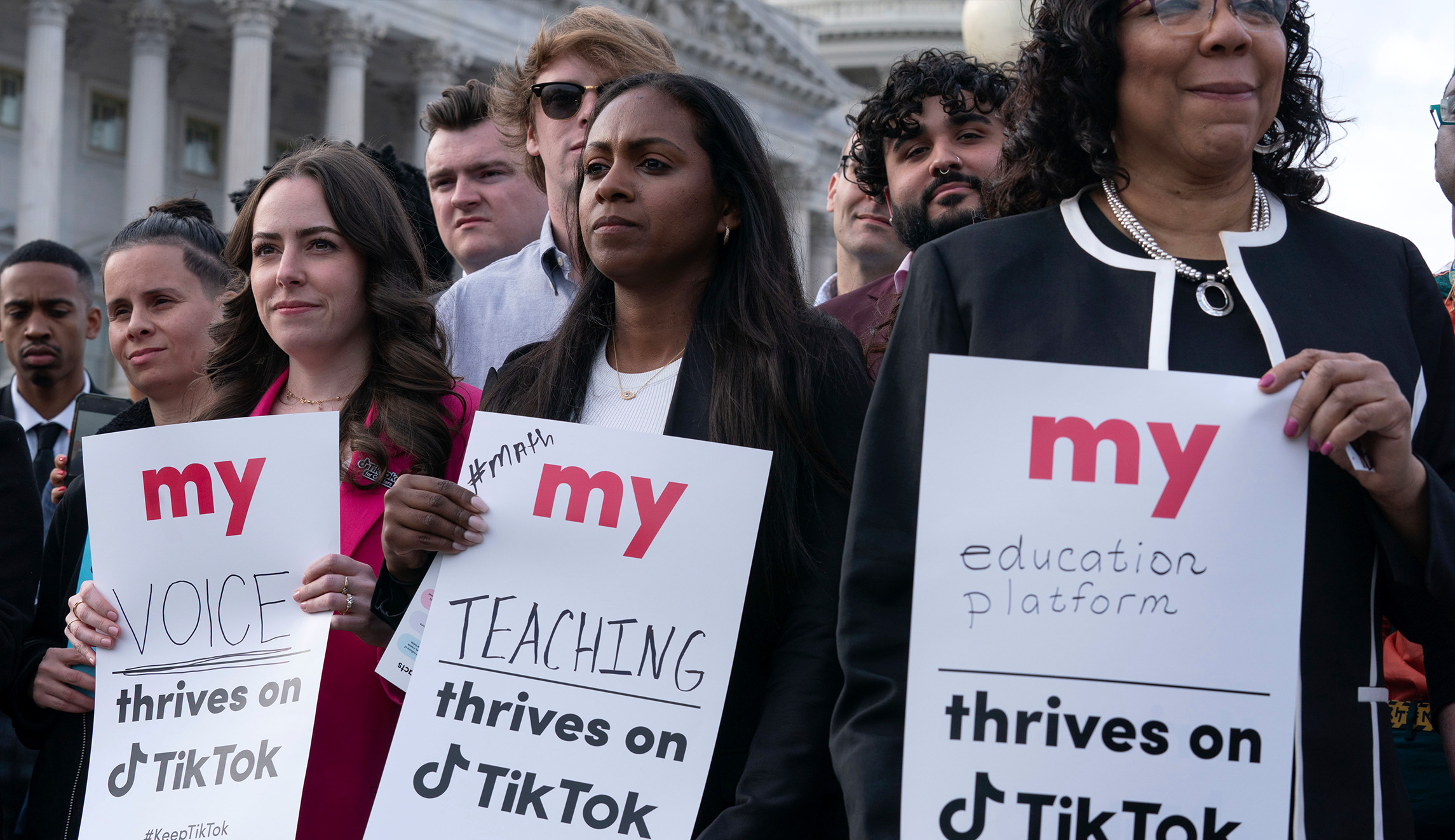For the second time as of late, legislation aimed at the most prominent digital platforms advanced in the Senate. A bill in January that would prevent self-preferencing from market leaders made progress, but the latest proposal targets Google and Apple’s app stores. It would force the leading platforms to allow external payment systems for in-app purchases and the side-loading of apps. But the fundamental goal of supporters might be reducing or redirecting fees collected from end users.
Currently, most app developers pay Apple and Google a 15% fee on in-app purchases (apps generating over $1 million in revenue pay Apple 30%). The Open App Markets Act, introduced by Democratic Sen. Richard Blumenthal of Connecticut, would force the two biggest app stores to allow third parties to process those in-app payments.
The same restrictions and fees are the subject of litigation between Apple and Epic Games. That case is on appeal in the 9th Circuit, where the game developer alleges Apple has and abuses its monopoly power with its terms for third-party apps in its online store.
The bill is a parallel legislative track for resolving these complaints from app developers, such as Epic Games and Spotify, but is benefitting from a bipartisan “tech lash” in Washington.
At the closed hearing last week, some senators joined opponents of the bill in voicing concerns about user cybersecurity, privacy, and convenience getting sacrificed to the bill’s more open-access approach.
In a letter to the Senate Judiciary Committee, Google cautioned that “the bill would pose serious unintended consequences by depriving consumers of choice, exposing them to new security risks, and picking winners and losers in the app marketplace.”
The App Association, which represents app-makers around the globe, posted its opposition to the legislation and warned that “the bill would outlaw some of the struts in place that support a trusted marketplace and prevent bad actors from targeting mobile devices.”
Co-sponsor Sen. Amy Klobuchar of Minnesota dismissed those concerns. She explained that she had heard from experts that the privacy and security concerns cited by Google, Apple, and others are “simply not true” and that those claims by the companies are “false and disingenuous.”
Democratic Sen. Alex Padilla of California voiced his concerns for users’ safety but seemed to question if more competition in payments was the ultimate goal of the legislation. At the markup, he suggested, “There are ways to regulate the large fees Apple and Google charge app developers … without forcing consumers to give up the privacy and cybersecurity protections that they value.” He suggested that if the point of more competition in app stores was to reduce money to the app stores, why not “just cap fees” on in-app purchases directly?
While user security may be degraded by these regulations, Apple and Google will still have incentives to return a profit on their app store investments and extract payment in other ways. If the experience of other countries is any indication of how Big Tech will react to rules in the U.S., Padilla is correct in suggesting that security trade-offs won’t guarantee reduced payments.
Last week, Apple announced that to comply with new regulations in the Netherlands, it will allow third-party in-app payments but charge a 27% commission fee. Last week, the Dutch antitrust authority fined the company 5 million euros for not operating in compliance with the new rule.
A similar situation is unfolding in South Korea, where antitrust authorities found in-app payment requirements “anti-competitive” in late 2021 and mandated that third-party systems be allowed. They recently asked Apple for more clarification on how the company plans to comply with the regulation. Google has already announced it intends to continue collecting a commission from developers who use alternative payment processing systems “at a slightly reduced charge” in the country.
The U.S. legislation passed out of the markup last week by a 20-2 vote and now could technically go to the Senate floor for a final vote. But it’s unclear the bill has the votes to pass into law, and lessons from abroad in how businesses react to price regulation could make the alleged security and privacy trade-offs not worth the political risk.







